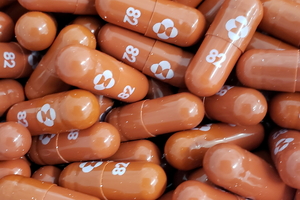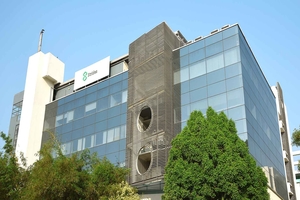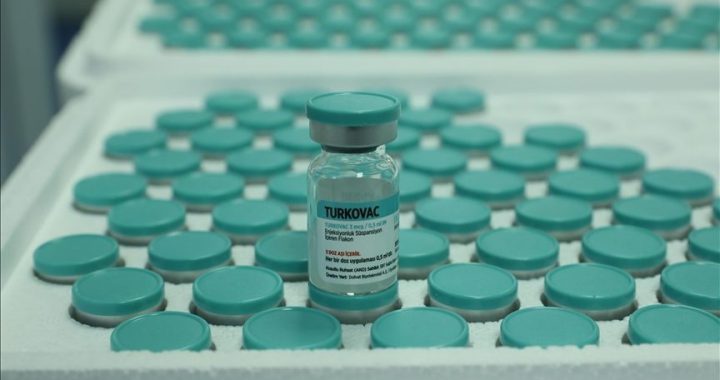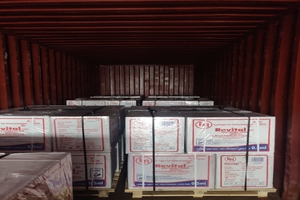Twenty-seven pharmaceutical companies have agreed to produce a generic version of molnupiravir, Merck’s oral
antiviral for the treatment of COVID-19. The agreement will provide affordable access to the drug in 105 low- and
middle-income countries (LMICs) worldwide.
Merck will licence the medication to companies that meet certain quality-assurance standards, according to the
Geneva-based Medicines Patent Pool, a United Nations-backed public health organisation. For as long as the World
Health Organization classifies COVID-19 as a public health emergency, neither Merck nor its development partners will
get any fees from the licences.
Now, 27 firms have met Merck’s requirements: five will make the drug’s basic ingredients, nine will produce the
completed product, and thirteen will produce both.
Merck Executive Director Charles Gore said in a statement, “We are encouraged by the huge number of new and
existing partners who have moved fast to gain a sublicense for molnupiravir through MPP.” “This is a key step toward
assuring global access to a critically needed COVID-19 treatment, and we are sure that the anticipated medicines will be
available in LMICs quickly because manufacturers are working closely with regulatory authorities.”
“Increasing access to quality-assured generic versions of molnupiravir has been a priority for MSD from the beginning,
which led us to partner with MPP on a licencing agreement to expand access to quality-assured generic versions of
molnupiravir, subject to local regulatory authorisation,” said Paul Schaper, Executive Director of Global Public Policy at
Merck. “We’re excited to see this ambition come to fruition, with MPP’s selected generic manufacturing sublicensees
offering a wide range of regional variety.”
The manufacturers involved in the deal are Pakistan’s Remington; Egypt and Jordan’s Hikma; Kenya’s Universal
Corporation; South Africa’s Aspen and CPT,;China’s BrightGene, Desano, Fosun Pharma, Langhua, and Lonzeal; South
Korea’s Celltrion, DongBang, and Hanmi; Bangladesh’s Beximco and Incepta; Vietnam’s Stella; Indonesia’s Kimia Farma;
and 10 Indian companies: Arene Lifesciences, BDR, Biophore, Laurus Labs, Lupin, MSN, Natco, Optimus, SMS, and
Strides.
Merck collaborated with Ridgeback Biotherapeutics and Emory University to develop the medication. Despite a decline
in published efficacy from 48 percent to 30 percent due to new trial results, it got approval from the UK’s Medicines
and Healthcare Products Regulatory Agency (MHRA) in November and emergency use approval from the US Food and
Drug Administration (FDA).
This licencing agreement, as well as one struck by Pfizer for its antiviral, go a long way toward improving parity in
COVID-19 treatment, although the Wall Street Journal recently noted that even reduced prices from generic
manufacturers could be an issue for very low-income countries. In addition, some countries have insufficient testing,
which may prevent the treatments from being used when they are most beneficial.




